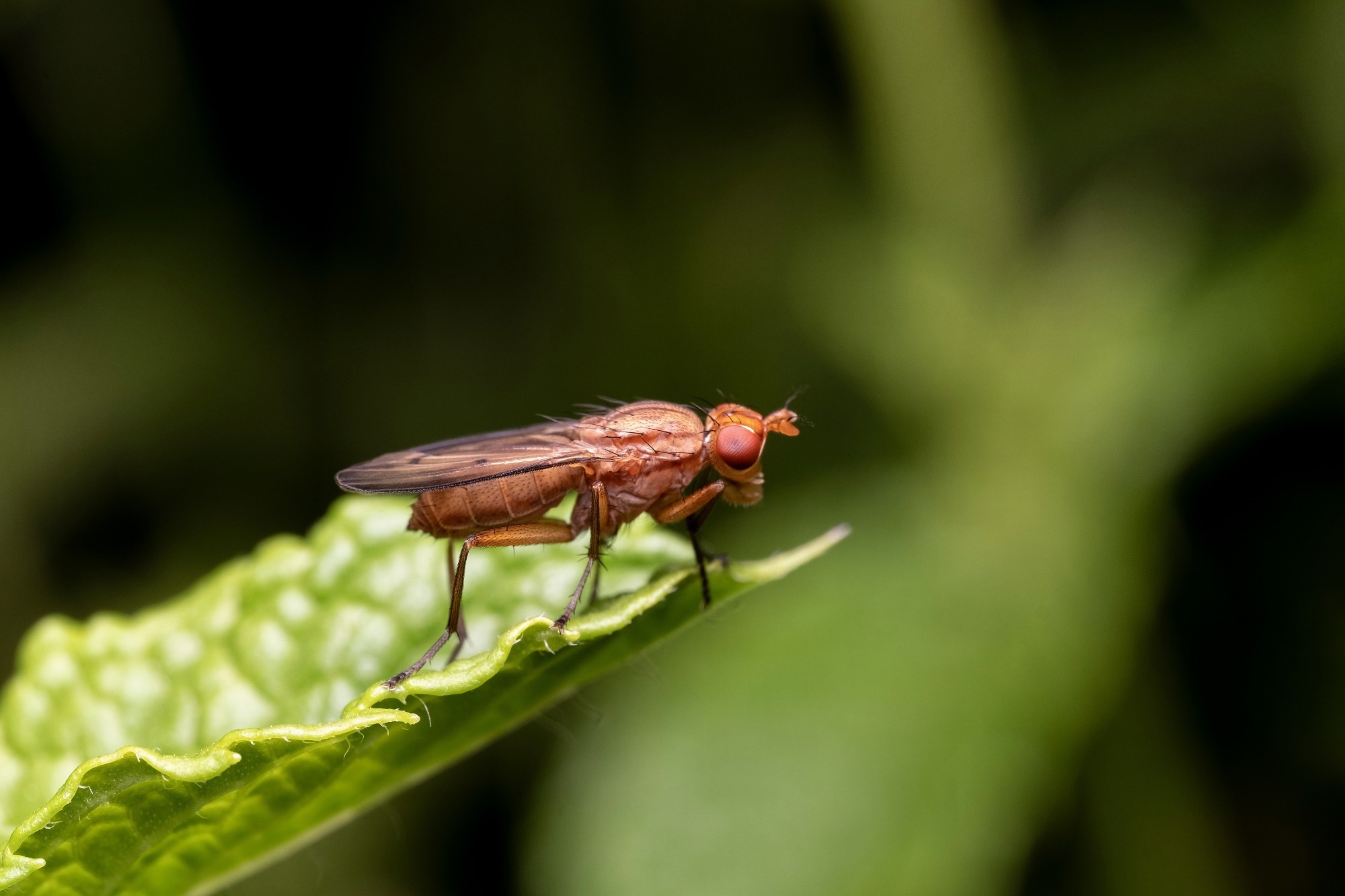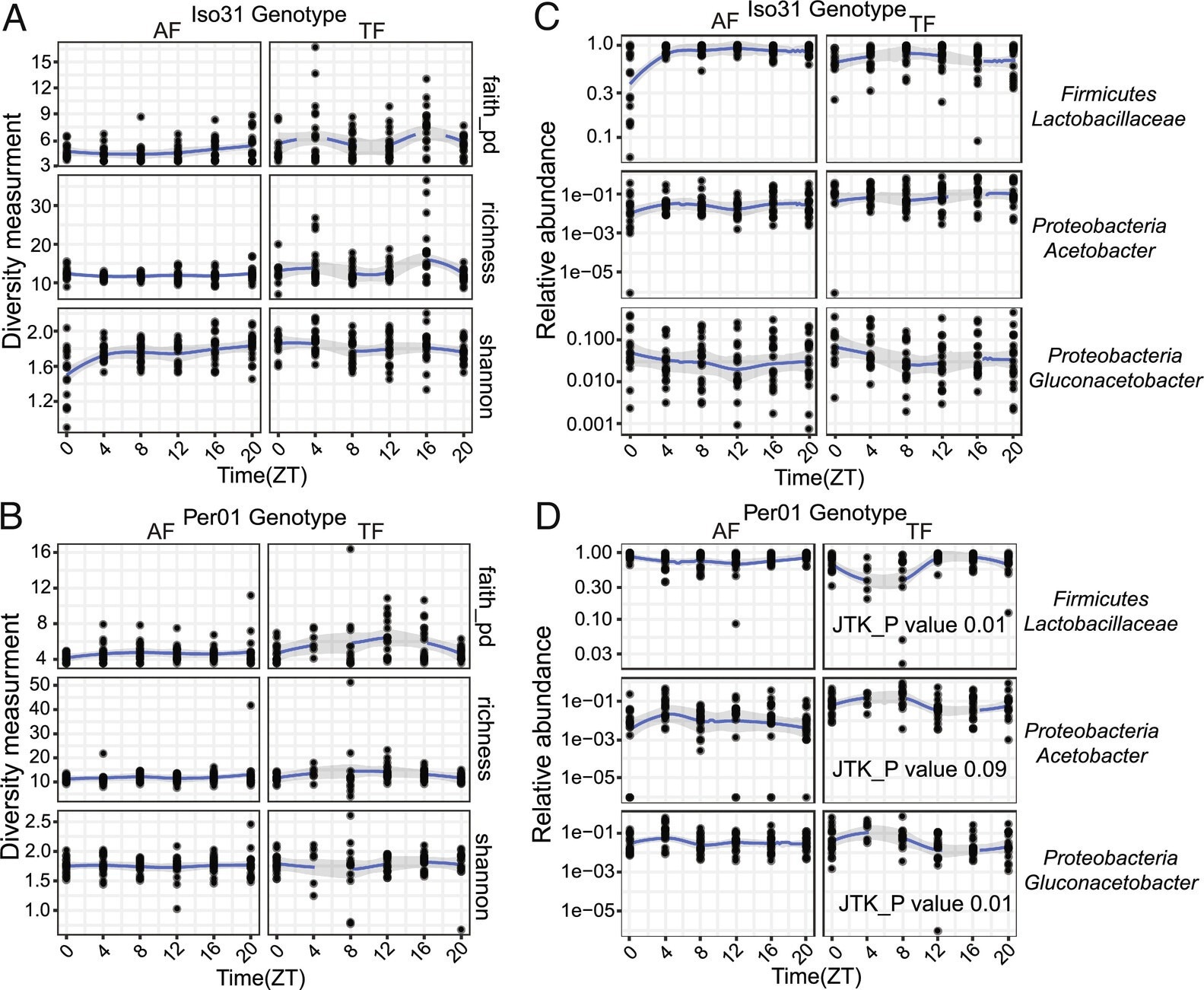A find out about printed within the magazine PNAS unearths that the intestine microbiome stabilizes the synchronization between intestine and mind circadian rhythms.
 Find out about: The microbiome stabilizes circadian rhythms within the intestine. Symbol Credit score: Vovantarakan / Shutterstock
Find out about: The microbiome stabilizes circadian rhythms within the intestine. Symbol Credit score: Vovantarakan / Shutterstock
Contents
Background
The intestine microbiome is a neighborhood of microorganisms that are living within the human/animal digestive tract. It performs a very important function in regulating more than a few physiological processes, together with metabolism, immune reaction, and neurological purposes.
Even if the intestine microbiome stays strong in the longer term, nutrition can induce temporary adjustments in its composition. In a similar fashion, the intestine microbiome presentations rhythmic diversifications in composition and localization all the way through a day-night cycle.
Within the present find out about, scientists have explored the interaction between the intestine microbiome, time-restricted feeding trend, and circadian rhythms within the Drosophila (not unusual fruit fly) intestine.
Circadian law of intestine microbiome
Drosophila with an infinite meals provide (advert libitum) have been used to check whether or not the intestine microbiome composition and variety trade over the process the day-night cycle. The findings published no circadian biking of the intestine microbiota in wild-type flies and in flies missing a circadian clock gene.
The wild-type flies subjected to rhythmic feeding patterns at explicit time issues additionally published no circadian diversifications in intestine microbiota composition and variety. Alternatively, in flies missing a circadian clock gene, circadian clocks have been discovered to intervene with the impact of time-restricted feeding patterns at the intestine microbiome.
Have an effect on of time-restricted feeding on circadian transcriptome
The research of circadian gene expression used to be performed within the find out about the use of flies with and with no microbiome. The findings published that each time-restricted feeding and microbiome loss considerably affect the intestine’s circadian transcriptome.
Host genes encoding metabolic proteins confirmed greater biking in flies with no microbiome (sterile). By contrast, genes related to building and differentiation confirmed lowered biking.
In flies maintained underneath time-restricted feeding stipulations (meals equipped at explicit time issues), lack of biking expression used to be seen for genes related to oxidative phosphorylation and effort metabolism.
An induction in biking gene expression used to be seen underneath time-restricted feeding stipulations. Altered actions of transcription components have been discovered to be chargeable for the worldwide adjustments in biking expression. Very similar to time-restricted feeding, lack of microbiome used to be discovered to persuade biking gene expression.
The impact of time-restricted feeding on biking gene expression gave the impression to be mediated via greater histone acetylation. The findings published that limited feeding stipulations cause powerful rhythms of histone acetylation and that many genes suffering from those stipulations are attentive to histone acetylation.
 The Drosophila intestinal microbiome is in large part strong over a day-to-day cycle. (A and B) Microbiome variety does now not display diurnal oscillations in wild variety Iso31 or clock mutant in step with01 fly guts underneath advert−lib (AF) or TF stipulations. JTK_cycle used to be used to evaluate rhythmicity. (C and D) Particular bacterial species cycle underneath TF stipulations, however handiest in in step with01. JTK_cycle values are proven.
The Drosophila intestinal microbiome is in large part strong over a day-to-day cycle. (A and B) Microbiome variety does now not display diurnal oscillations in wild variety Iso31 or clock mutant in step with01 fly guts underneath advert−lib (AF) or TF stipulations. JTK_cycle used to be used to evaluate rhythmicity. (C and D) Particular bacterial species cycle underneath TF stipulations, however handiest in in step with01. JTK_cycle values are proven.
Practical affect of time-restricted feeding and microbiome
Flies maintained with time-restricted feeding have been subjected to other stressors (hunger, micro organism injection, and warmth surprise) to decide the affect of limited feeding on well being and health.
The findings published that limited feeding reduces the survival of flies in demanding stipulations. In different phrases, limited feeding will increase the sensitivity of flies to stressors, regardless of having recommended metabolic results.
The useful affect of the microbiome used to be made up our minds the use of the circadian section shift paradigm (altered process the day-night cycle). For the experiments, flies with and with out microbiomes have been used.
The findings published that the microbiome’s presence will increase circadian clock gene biking in flies’ brains. General, it used to be seen that sterile flies reset extra impulsively with shifts within the day-night cycle in comparison to flies with a microbiome.
In different phrases, the intestine microbiome modulates the intestine clock reaction to alterations within the day-night cycle, facilitating the synchronization between intestine and mind circadian rhythms.
Find out about importance
The find out about unearths that the intestine microbiome in flies does now not cycle. Alternatively, it regulates circadian rhythms of gene expression within the intestine and stops fast fluctuations in keeping with other environmental stipulations.
Because the scientists within the magazine discussed, “those findings have vital implications for not unusual eventualities within the trendy global.”
Supply:
Zhang Y. 2023. The microbiome stabilizes circadian rhythms within the intestine. PNAS, https://www.pnas.org/doi/10.1073/pnas.2217532120
Supply Via https://www.news-medical.internet/information/20230124/Scientists-demonstrate-how-microbiome-and-feeding-patterns-impact-circadian-rhythms-in-the-gut.aspx



